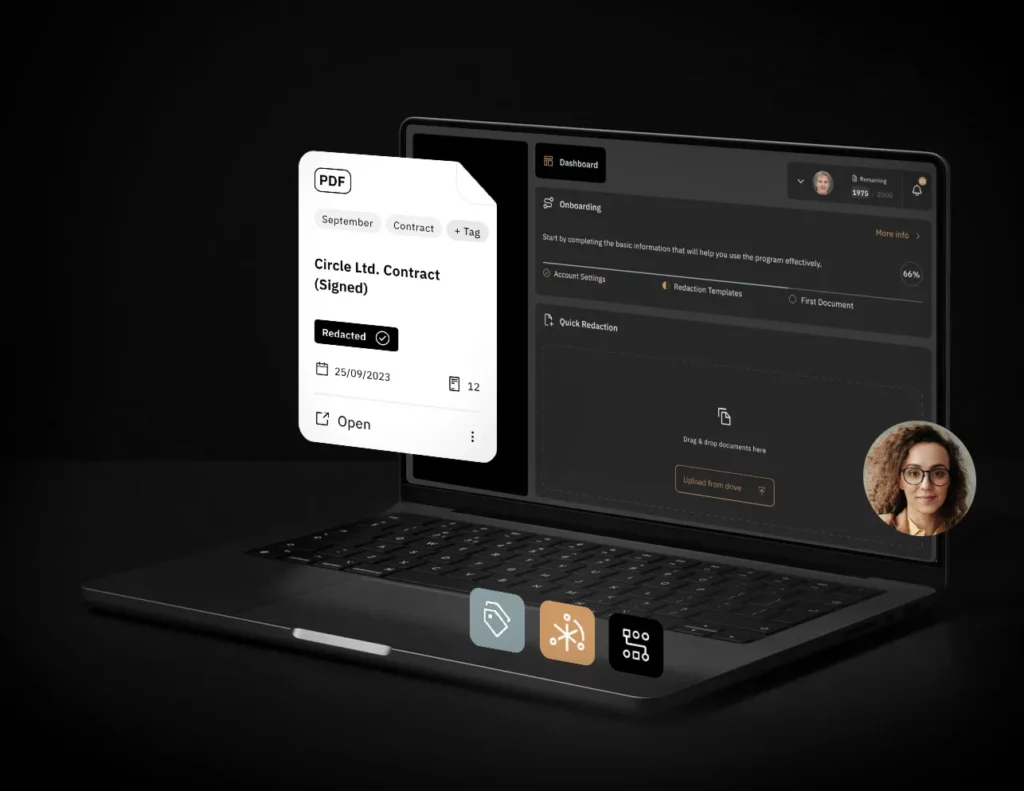Is Sharing Personal Data Without Consent Legal?
Sharing personal data without consent raises many legal questions. In most cases, explicit consent from the data owner is required. However, there are exceptions. For instance, personal data may be shared if there is a legal obligation. Moreover, in some situations, it may be necessary to protect an individual’s vital interests. Therefore, understanding these exceptions is crucial. Ignoring these rules can lead to serious consequences.
When Can Personal Data Be Shared Without Consent?
According to the General Data Protection Regulation (GDPR), personal data can be processed without consent in specific cases. For example, when there is a legal obligation to share data with authorities such as law enforcement, it is allowed. Additionally, data may be shared to protect vital interests of the individual concerned. Another exception occurs when a data controller has a legitimate interest, provided it does not infringe on the rights of the individual. These exceptions must be carefully evaluated to ensure compliance with GDPR.
When Does Sharing Personal Data Violate GDPR?
Sharing personal data without proper authorization is illegal. For example, transmitting data to third parties without consent is a violation. Furthermore, inadequate security measures may lead to data breaches, which are also violations under GDPR. Therefore, it is essential that organizations protect personal data and ensure compliance with security protocols. Neglecting these measures can result in severe consequences.
What Are the Consequences of Illegal Data Sharing?
The consequences of illegally sharing personal data can be severe. Organizations may face high administrative fines. These can reach up to 20 million euros or 4% of the global turnover. Moreover, individuals whose data has been improperly shared can seek compensation. In some cases, criminal penalties may also apply. The consequences can be both financial and legal for businesses.
How to Protect Personal Data and Avoid Violations?
To avoid violating data protection laws, organizations must implement strong security measures. For example, encryption, access control, and regular security audits are necessary. Additionally, employee training on data protection and privacy is crucial to raising awareness. By doing so, businesses can minimize the risk of accidental breaches and ensure compliance with data protection regulations.
Conclusion
In conclusion, sharing personal data without consent is a complex issue. Although there are cases when sharing is allowed, organizations must ensure that they have a valid legal basis. By following GDPR guidelines and implementing robust security measures, businesses can protect personal data and avoid legal consequences. Therefore, compliance with data protection laws is essential to minimize risks and safeguard privacy.
Conclusion
In conclusion, sharing personal data without consent is a complex issue. While there are cases when it is allowed, organizations must ensure they have a valid legal basis. By following GDPR guidelines and applying appropriate security measures, businesses can protect data and avoid legal consequences. Therefore, it is important to act with caution and ensure compliance with data protection laws.
A limited number of free trial versions are available—try it today at Bluur.ai!


